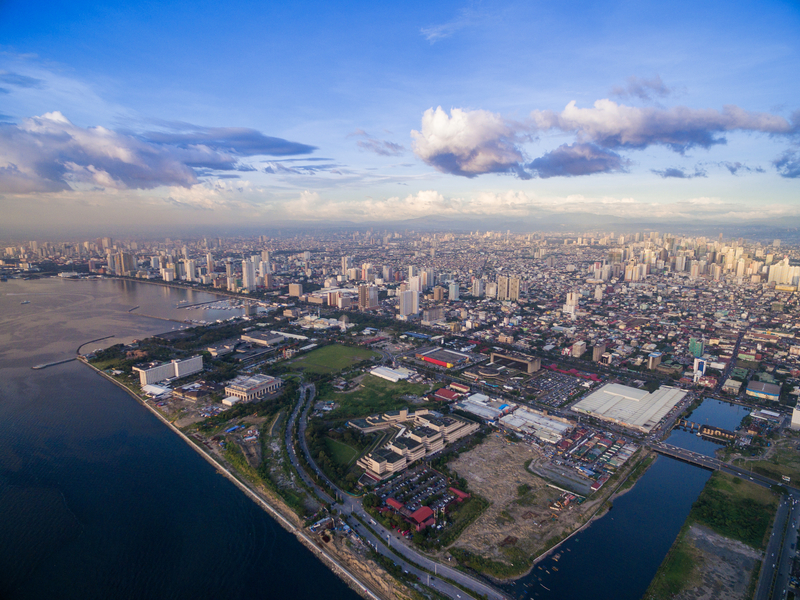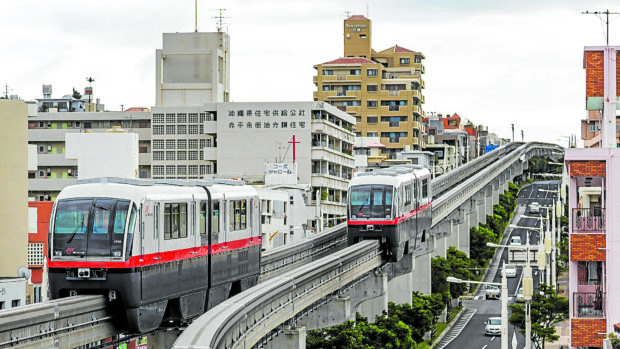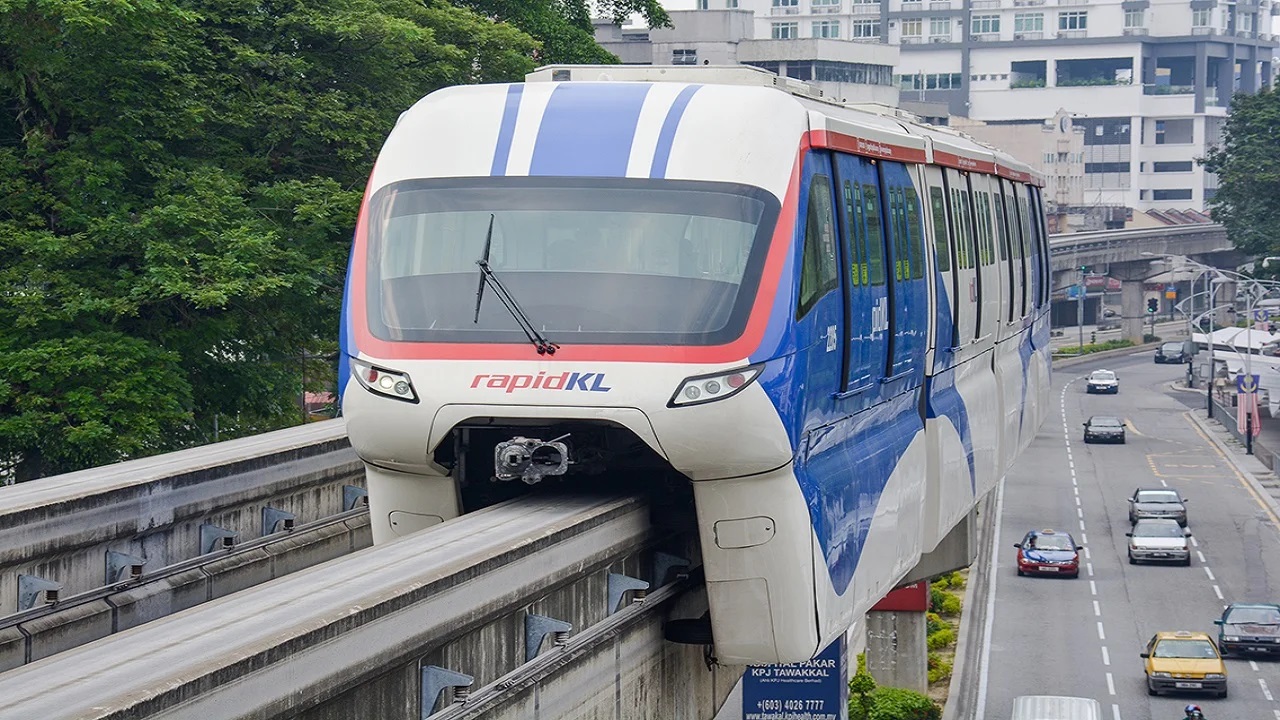Even before the proposal of the Pasay Monorail, the over 800-hectare Bay Area is one of the most sought-after locations for business, cultural, education, leisure and residential developments in Metro Manila. The area is highly accessible to the bustling cities of Manila, Parañaque, and Pasay.
Aside from its location, a considerable part of the Bay Area’s appeal is its adjacency to Manila Bay, famous for its sunset views. History proves the positive relationship between waterfront developments and economic activity. In the case of the Bay Area, its well-thought-out mix of public spaces, high-end residential and commercial properties, and leisure and cultural activities make the area as vibrant as ever.
Why commercial, infrastructure, and transportation developments should grow together

The addition of another key infrastructure like the Pasay Monorail will no doubt further increase the attractiveness of the Bay Area .—INQUIRER FILE PHOTO
With large volumes of people going in and out of the Bay Area, it makes sense to have a consistent and reliable mode of transportation to accommodate these people. It may be time to consider other strategic railways with the ongoing public transportation crisis in the metro.
Introducing the Pasay Monorail
The Integrated Monorail System, once complete, will connect the corner of Edsa and Taft Avenue to Diokno Boulevard in Pasay City. It’s a highly anticipated project that will also be interoperable with multiple transportation options, including Edsa Busway, Edsa Greenway, LRT-1 and MRT-3, connecting the landmark and its surrounding communities to the rest of the metro.
How a single monorail can boost economic development
Similar to other monorail developments in Asia like the Kuala Lumpur Monorail, the Okinawa Urban Monorail and the Sentosa Express, the Pasay Monorail is expected to boost the overall activity in the area, thus making the Bay Area more vibrant and livable. As it is, this burgeoning lifestyle and business district has already attracted many businesses and investors as well prospective homebuyers, owing to its proximity to the airport, major business districts, premium grade offices, upscale hotels, malls and entertainment centers.
The addition of another key infrastructure like the Pasay Monorail will no doubt further increase the attractiveness of the Bay Area as well as the capital values and prices of properties here, including residential condominiums. As of end 2021, the Bay Area is reportedly home to 21 percent of Metro Manila’s total condominium stock, following Fort Bonifacio and surpassing the Makati CBD. By 2024, it will be home to an estimated 1.36 million sqm of office space, the largest of its kind in the metro.
Where there is a path, there is life
Throughout history, our ancestors followed bodies of water to mold their civilizations. A source of life, incredible scenery, and efficient thoroughfare in one, today’s roads and railways have been the descendants of these bodies of water–now bringing higher levels of development to its surrounding communities.
The author is the principal architect at Fulgar Architects, pioneering unique and metamodern design specialties for various real estate projects from hospitality, condominiums, museums, and commercial to mixed-use township developments in the Philippines. He collaborates with multiple industry specialists to develop joint venture opportunities for landowners and investors. Please visit www.ianfulgar.com



